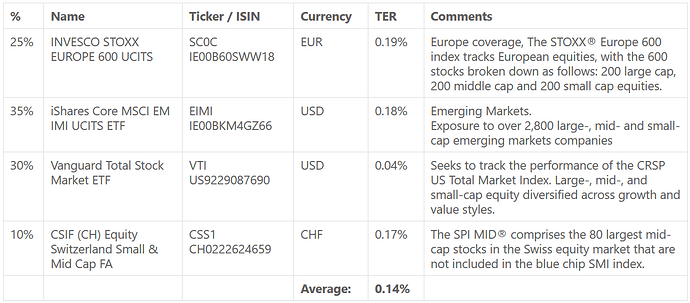The IMF has a system of regular expert reports reagarding national economies. It’s called article IV consultations. The full reports really go on debth regarding problems in each economy, in a diplomatic language but no-nonsense.
Here is the latest IMF staff report regarding China, some of the important points:
We welcome the authorities’ strategy to more decisively shift the policy focus from high-speed to high-quality growth. In particular, shifting from excessive, debt-financed investment to consumption will sustain growth in an environment of rising living standards, a cleaner environment, and much reduced risks. We very much support this focus and we encourage the authorities to persevere.
Achieving this goal of high-quality growth requires building on the existing reform agenda and taking advantage of the current growth and reform momentum to ‘fix the roof while the sun is shining’. In particular, this requires:
-
Following through on stated intentions to deemphasize growth targets and focus on high-quality growth. Rebalancing the economy will likely mean somewhat slower overall growth. This should not be resisted, for example, with credit-fueled investment stimulus–this would make the debt problem worse and undermine growth later on.
-
Continuing to rein in credit growth. While credit growth has slowed, it remains too fast. Slowing it further will require less public investment, tighter constraints on SOE borrowing, and curbing the rapid growth in household debt.
-
Further boosting consumption. China needs to increase government social spending, for example on health, education, and social transfers, and finance it with progressive and green revenue sources like taxes on income, property and carbon emissions.
-
Allowing market forces a more decisive role. This means reducing the dominance of the public sector in many industries, opening up more markets to the private sector, and ensuring fair competition. The importance of the private sector was reinforced by the IMF team’s visit to the dynamic and prosperous city of Shenzhen, where it has been private, not public, firms that have driven China’s global leadership in frontier industries such as e-commerce, fintech and hi-tech consumer goods.
-
Accelerating opening up to the rest of the world. China’s integration with the global economy over the last 40 years has lifted China from one of the poorest countries in the world to now an upper-middle-income country, and world’s second largest economy. Yet China’s trade and investment regime remains relatively restrictive. Faster opening up would not only support China’s own high-quality growth agenda, but also benefit the global economy. Recent efforts to defuse trade tensions are welcome and efforts should continue to seek a negotiated settlement that strengthens the global economy.
-
Modernizing policy frameworks. Financial sector reforms have made strong progress recently—this should be continued, for example, by ensuring the new institutional structure of financial supervisors is a success. Monetary policy should continue to become more price, rather than quantity, based, and the exchange rate should continue to become more flexible. The central government should share more of local governments’ spending responsibilities while increasing their ability to raise their own revenues. Policymaking would also be improved by strengthening China’s relatively weak macroeconomic data.
“The Belt and Road Initiative is a welcome and potentially transformative initiative. Its success will be enhanced by having an overarching framework, with good coordination and due attention to debt sustainability in partner countries.
http://www.imf.org/en/News/Articles/2018/05/29/pr18200-imf-staff-completes-2018-article-iv-mission-to-china
Here the latest concerning Switzerland
http://www.imf.org/en/News/Articles/2018/03/26/ms032618-switzerland-staff-concluding-statement-of-2018-article-iv-mission
Exit from the SNB’s accommodative policies during the current economic upswing is unlikely to return the pre-crisis configuration of tools. If—as markets currently expect—policy rates of major central banks peak well-below pre-crisis levels, scope for the SNB to raise its policy rate may be constrained, especially if re-widening the negative interest rate differential against other currencies is desired. The SNB, alongside other central banks, is likely to maintain a considerably larger balance sheet than prior to the crisis, with divestments falling well-short of the previous buildup to avoid excessive tightening of monetary conditions.
A clear assignment of policy tools would enhance effective communication and avoid the impression of targeting the exchange rate. Given lags in policy transmission, the interest rate is best suited for addressing slow-moving cyclical conditions and expected inflation. On the other hand, intervention should be reserved for responding to foreign exchange market surges that would otherwise cause temporary volatility in inflation and output, while still accommodating a modest secular trend real appreciation.



